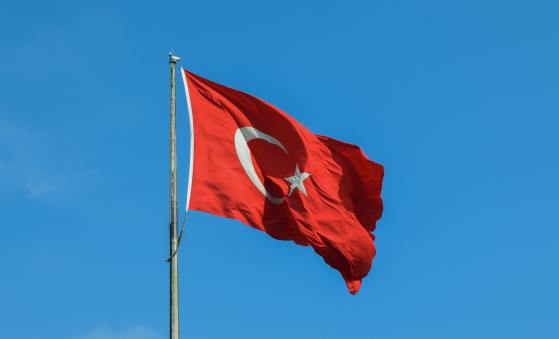
The German Bishops’ Conference has expressed serious concern over a sharp rise in vandalism and desecration of churches across the country.
Church officials report that incidents, ranging from arson and damaged statues to the defilement of sacred spaces, have become more frequent and severe in recent years. They describe the situation as an “escalation” of hostility towards Christian symbols.
“All taboos have been broken when it comes to church vandalism,” a spokesperson for the Bishops’ Conference said, noting that confessionals have been desecrated and statues of Jesus Christ beheaded.
Although police records often categorise these incidents simply as property damage, Church leaders warn that this classification hides the true extent of religiously motivated hate crimes.
The warning from Germany comes amid growing concern across Europe about anti-Christian violence. Christian advocacy organisations say such crimes are often under-reported and receive little political recognition.
To mark the International Day Commemorating the Victims of Acts of Violence Based on Religion or Belief on 22 August, the Observatory on Intolerance and Discrimination Against Christians in Europe (OIDAC Europe) and the OSCE Office for Democratic Institutions and Human Rights (ODIHR) jointly called on governments to take stronger action.
A new OSCE guide on anti-Christian hate crimes, launched last week, highlights a growing climate of hostility toward Christians in Europe. The guide warns that such crimes are often “downplayed, under-reported, or politically overlooked” and emphasises that they “do not take place in a vacuum.”
OIDAC Europe’s Executive Director, Anja Hoffmann, said anti-Christian bias can be seen both in physical attacks and in how authorities and media respond. “The daily reality of anti-Christian hate crimes recorded by our organisation highlights the urgent need for further research and concrete government action,” Hoffmann stated. “Many European governments still fail to record and report these crimes properly — and some even perpetuate anti-Christian bias.”
According to OSCE data, anti-Christian incidents often begin with acts such as graffiti or vandalism but can escalate into harassment, intimidation, and physical assault — and, in extreme cases, even murder.
The OSCE guide urges European governments to improve data collection on these crimes, strengthen cooperation between agencies, and ensure greater protection for churches and believers, particularly during major Christian festivals. It also calls on media outlets to report such incidents fairly and accurately, without reinforcing stereotypes or bias against Christians.
The German Bishops’ Conference echoed these recommendations, urging national authorities to pay closer attention to attacks on sacred statues, churches, devotional images, and liturgical objects.
Adapted from CT UK.




